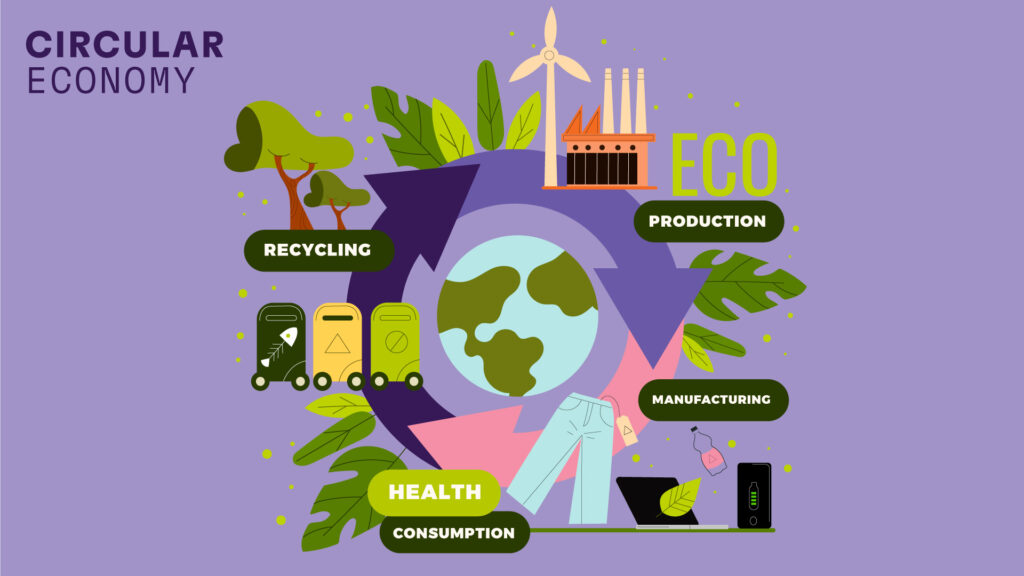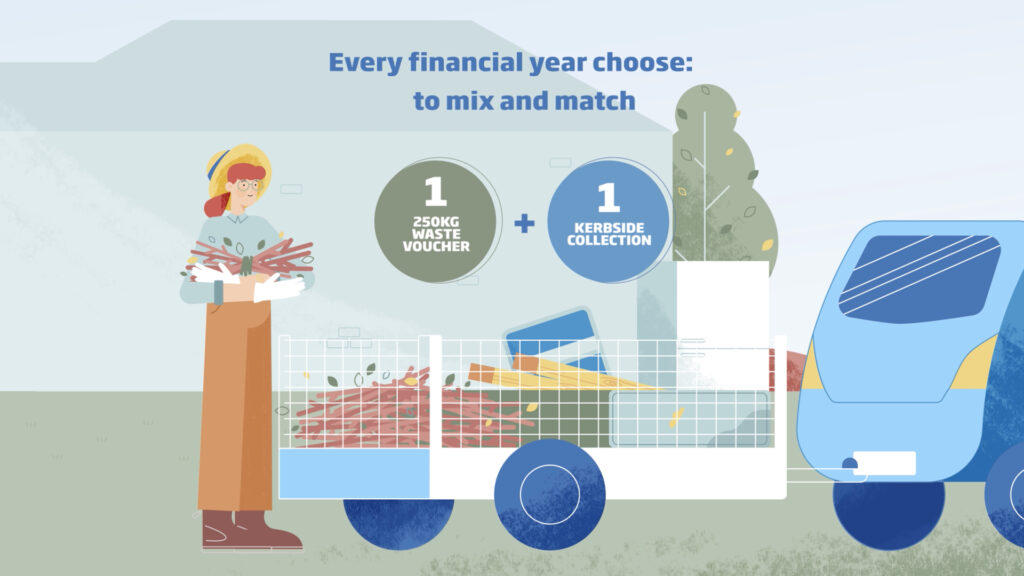New South Wales stands on the cusp of a significant transformation. Over the next two decades, the move towards a circular economy will redefine waste management and how we view and interact with waste in our daily lives. The targets set for 2030 are not only ambitious but necessary:
We must look beyond the technicalities of waste management processes and production to reach these milestones. The real change begins with a shift in our collective mindsets and daily practices.


Public education and behaviour change are the linchpins of this monumental shift. These efforts must be underpinned by solid evidence and insights into human behaviour. For instance, pivotal research has revealed a compelling insight: individuals are twice as likely to recycle when they view waste materials as valuable resources rather than mere rubbish.
“We may put it in the recycling bin, but we think of it as garbage. We don’t consider it something of value that has a future use. By connecting the act of recycling to the new items that result, product transformation messaging validates the action; it affirms that “it is worth it”.” states Karen Winterich, a professor of marketing and a distinguished research fellow.¹
Our local government area (LGA) clients have also been instrumental in shifting public perceptions. In Maitland, for example, the Council introduced systematic changes to reduce recyclables ending up in landfills, including a new bulky waste service. Our agency played a crucial role in developing a campaign that effectively communicated these changes to residents.
Our approach involved developing a set of engaging and simple actions that catered to Maitland’s broad audience. The ultimate aim was to guide them step-by-step from a state of unawareness (“What do I do with my bulky waste?”) to the point of action (“I will book my bulky waste collection online now”).
The campaign launch was well-received, with positive feedback. The Council’s customer feedback team reported a smooth rollout and no significant communication difficulties. By effectively communicating the benefits of the new bulky waste service through clear and engaging materials, we empowered the community to embrace the changes and take advantage of the convenient and flexible service.


The results for the first three months indicate that the new bulky waste service is successfully achieving its resource recovery targets. Since the service began, about 220 tonnes of waste have been processed for recycling. The expected resource recovery rate is 85 per cent.
The online portal indicates residents’ growing inclination towards self-service and digital options, meeting our campaign’s KPI.
The success of the Maitland campaign indicates that the most meticulously crafted policies and technologies will only succeed with public buy-in and understanding. The journey towards sustainable habits is paved with inspiring, accessible examples. Yet change is daunting. The fear of the unknown can paralyse even the most well-intentioned individuals. This is where clear, engaging communication comes into play. We can replace apprehension with familiarity and confidence by demystifying new actions and breaking them down into manageable steps.
Our work with NSW DPI Fisheries exemplifies this approach. We developed a series of straightforward instructional videos aimed at helping recreational anglers minimise marine litter. These resources provided easy-to-follow guidelines and helped anglers see themselves as active participants in the solution.
The path to a circular economy in New South Wales is both a challenge and an opportunity. It requires a concerted effort from all sectors of society to rethink and reshape our relationship with waste. At The Brand Pool, we are committed to leading the charge in public education and behaviour change. By leveraging insights, creativity, and collaboration, we can inspire actions that pave the way for a sustainable future.
Awabakal Country
PO Box 1695
Newcastle 2300
New South Wales
Australia
Wadawurrung Country
Surf Coast Shire
Victoria
Australia
We acknowledge that we work on the lands of the Awabakal and Wadawurrung nations. We wish to pay respect to their Elders – past, present and future – and acknowledge the important role all Aboriginal and Torres Strait Islander people continue to play within our region and all of Australia.
Awabakal Country
PO Box 1695
Newcastle 2300
New South Wales
Australia
Wadawurrung Country
Surf Coast Shire
Victoria
Australia
We acknowledge that we work on the lands of the Awabakal and Wadawurrung nations. We wish to pay respect to their Elders – past, present and future – and acknowledge the important role all Aboriginal and Torres Straight Islander people continue to play within our region and all of Australia.


Sign up to our newsletter and dive into great content.